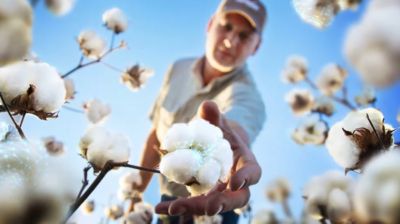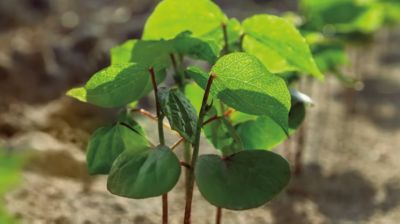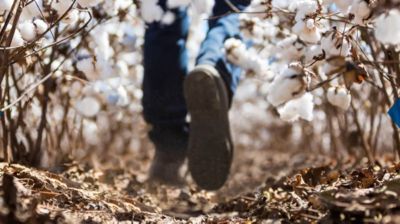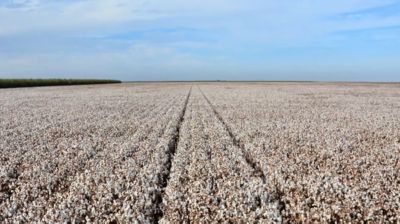DEFEND YOUR YIELD POTENTIAL

MANAGE NEMATODES AND DISEASE PRESSURE WITH CONFIDENCE
Get traits that help protect yields across acres for peace of mind all season long.
Cotton nematodes and diseases like bacterial blight can limit yields across entire fields. Many growers face recurring pressure from root-knot nematodes (RKN), reniform nematodes (REN), bacterial blight, Verticillium wilt, and Fusarium Race 4 — issues that reduce yield, can be costly, difficult to manage, and unpredictable season to season.
PhytoGen® cottonseed is bred to help you take control of these challenges. With both root-knot and reniform nematode resistance, bacterial blight resistance, and tolerance to key soilborne diseases, PhytoGen® brand varieties offer 24/7 built-in protection that helps simplify management and support crop health from emergence through harvest.
This built-in trait package helps you manage cotton nematodes and diseases with protection that won’t fade through the season, unlike relying solely on expensive chemical treatments. Plus, since these traits may reduce certain inputs, you can factor that into field-level ROI calculations.
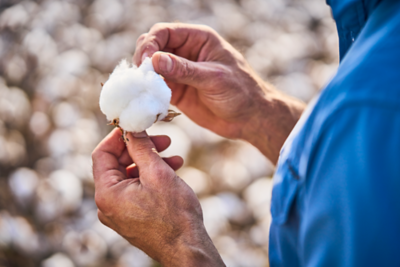
NEED HELP IDENTIFYING VARIETIES FOR YOUR FIELDS?
Your local PhytoGen agronomist brings practical insight into soil fertility, weed control and cotton plant needs — so you can plant varieties that perform on your ground.
FIND MY LOCAL TEAM MEMBERFiberMax® and Stoneville® are registered trademarks of BASF.
